 The Mountain Crown (The Crowns of Ishia, #1) by Karin Lowachee
The Mountain Crown (The Crowns of Ishia, #1) by Karin Lowachee Format: eARC
Source: supplied by publisher via NetGalley
Formats available: paperback, ebook, audiobook
Genres: dragons, epic fantasy, fantasy
Series: Crowns of Ishia #1
Pages: 150
Published by Solaris on October 8, 2024
Purchasing Info: Author's Website, Publisher's Website, Amazon, Barnes & Noble, Kobo, Bookshop.org, Better World Books
Goodreads
Méka must capture a king dragon, or die trying.
War between the island states of Kattaka and Mazemoor has left no one unscathed. Méka’s nomadic people, the Ba’Suon, were driven from their homeland by the Kattakans. Those who remained were forced to live under the Kattakan yoke, to serve their greed for gold alongside the dragons with whom the Ba’Suon share an empathic connection.
A decade later and under a fragile truce, Méka returns home from her exile for an ancient, necessary rite: gathering a king dragon of the Crown Mountains to maintain balance in the wild country. But Méka’s act of compassion toward an imprisoned dragon and Lilley, a Kattakan veteran of the war, soon draws the ire of the imperialistic authorities. They order the unwelcome addition of an enigmatic Ba’Suon traitor named Raka to accompany Méka and Lilley to the mountains.
The journey is filled with dangers both within and without. As conflict threatens to reignite, the survival of the Ba’Suon people, their dragons, and the land itself will depend on the decisions – defiant or compliant – that Méka and her companions choose to make. But not even Méka, kin to the great dragons of the North, can anticipate the depth of the consequences to her world.
My Review:
This story feels like it began LONG before the book does. This story reads like it has been years in the making, and that the slice of it that we are getting is a bit in the middle in a world that has been going to hell in a handcart for quite some time, and has now reached a level of FUBAR that STILL isn’t anywhere near as bad as things are likely to get before the end.
And that’s a fascinating way to write a story, because worlds generally DO exist before a particular story in them gets told, and go on existing after the last page of a particular story in them gets turned.
Méka has returned to the land where she was born. A land that once belonged to her people, but no longer does. Even worse, a land that has been conquered by a rapacious empire that has chosen to act as if her people aren’t people at all – merely slaves for their use.
Including the dragons that her people, and only her people, have the capacity, not to control, but to bond with. A bond that the greedy, rapacious Kattakans exploit in order to use both Méka’s people, the Ba’Suon, and the dragons, the Suon, to strip mine the land for gold.
The Kattakans have turned a beautiful place into a steaming, belching wasteland on a par with Mordor. (Auditions for the part of this world’s Sauron are possibly ongoing – I jest but not nearly enough.)
Méka has come to this once-home for a right of both passage and preservation. It is her time to bond with one of the Suons that still live free in the mountain crowns far to the north. Both to refresh the dragons in her adopted homeland and to prevent a single king dragon from taking over too many herds and reducing the genetic diversity in the crowns.
Of course, the powers that be to rape and pillage interfere with her quest – even though it has been sanctioned by her adopted country and the court of the, shall we say, greedy bloodsuckers.
She is duty bound on a quest to bond a dragon. She is being coerced to retrieve a dragon for a criminal’s nefarious purposes. But control of any dragon is illusory at best – and a dangerous illusion at that. As the greedy bloodsuckers are about to discover in fire and blood.
Escape Rating B: The Mountain Crown is an ‘in media res’ story. In other words, it feels like it starts in the middle of things. It’s a method of storytelling that CAN get the reader caught up in the action from the very first page. Howsomever, it can also give the reader the feeling that they’re missing something, or a whole lot of somethings, and not feel like they have what they need to get stuck into the story.
The Mountain Crown read like it straddled that fence, where the problem with straddling a fence is that one gets splinters in the ass. I had a difficulty time, at first, getting into the story because I didn’t feel like I had enough to figure out how the situation reached this pass in the first place. It does not help at all that the primary characters of this story, Méka and her companions Lilley and Raka, are all parsimonious with their words – even when they are speaking to one another.
There’s a LOT that doesn’t get said – even when something is being said at all.
All of which led to my brain attempting to spackle over the bits that were missing with analogies to other stories and other places. The ramshackle mining monstrosity where Méka first arrives sounds a lot like the gold rush encampments of the Klondike, including the weather conditions. The nomadic nature of Méka’s people read like an amalgam of many nomadic cultures around this globe – even if this story isn’t set on any version of our world.
 In the end, what brought the story together was the way that it reflected on colonialism and empire, shone a light on cultures whose fundamental principles are greed and acquisition and then explored the possibilities of another way – a way of stewardship and community.
In the end, what brought the story together was the way that it reflected on colonialism and empire, shone a light on cultures whose fundamental principles are greed and acquisition and then explored the possibilities of another way – a way of stewardship and community.
And took the problem of might making right to a whole different level by adding dragons into the mix in a way that both put a temporary check on the ‘evil empire’ AND sowed the seeds for further contention between peoples who were once one.
I have to say that by the end, I really did enjoy The Mountain Crown and that I’m looking forward to the next book in the series, The Desert Talon, coming in February, as well as the third book, A Covenant of Ice, arriving in June. (There’s an irony that the desert book is coming in the depths of winter and the ice book is coming as summer heats up.)
I’m hoping that the rest of this novella trilogy will not just continue this fantastic story but also fill in the blanks and answer my many, many questions about this particular world came to this particular pass – because it has to be a doozy. I can’t wait to find out ALL the answers

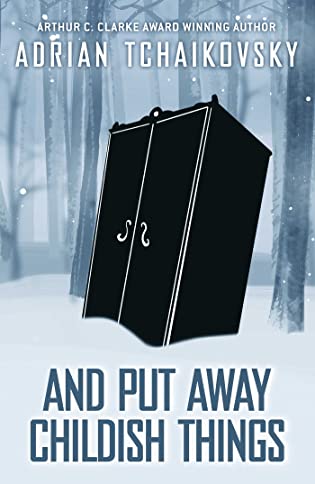 And Put Away Childish Things by
And Put Away Childish Things by 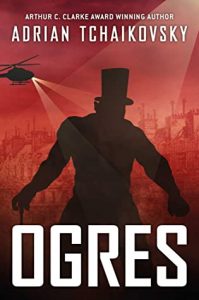 Instead, And Put Away Childish Things mixes the central theme of
Instead, And Put Away Childish Things mixes the central theme of 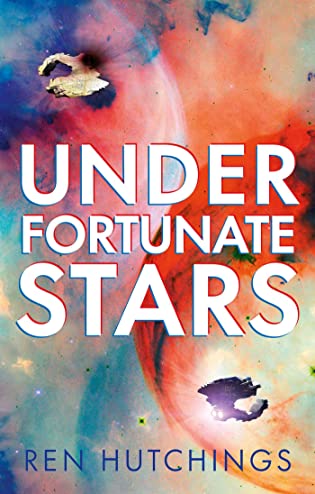 Under Fortunate Stars by
Under Fortunate Stars by 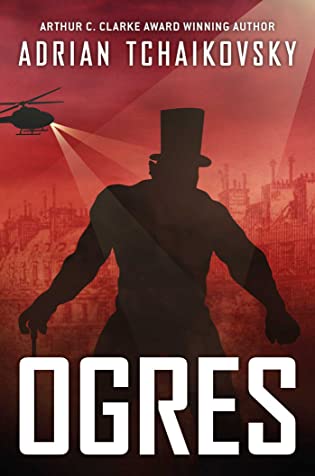 Ogres by
Ogres by 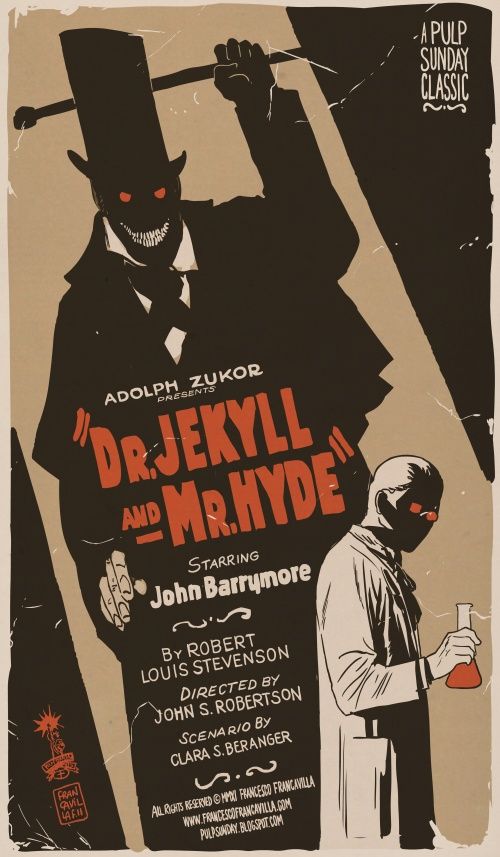 When I first saw the cover for Ogres, the image reminded me an awful lot of Mr. Hyde – as in
When I first saw the cover for Ogres, the image reminded me an awful lot of Mr. Hyde – as in 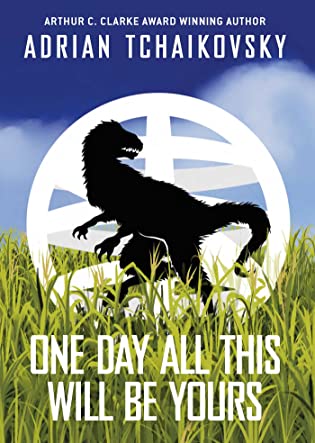 One Day All This Will Be Yours by
One Day All This Will Be Yours by 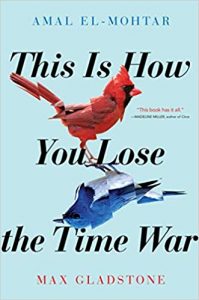 Another book that did something similar, with more romance and less snark, is last year’s
Another book that did something similar, with more romance and less snark, is last year’s